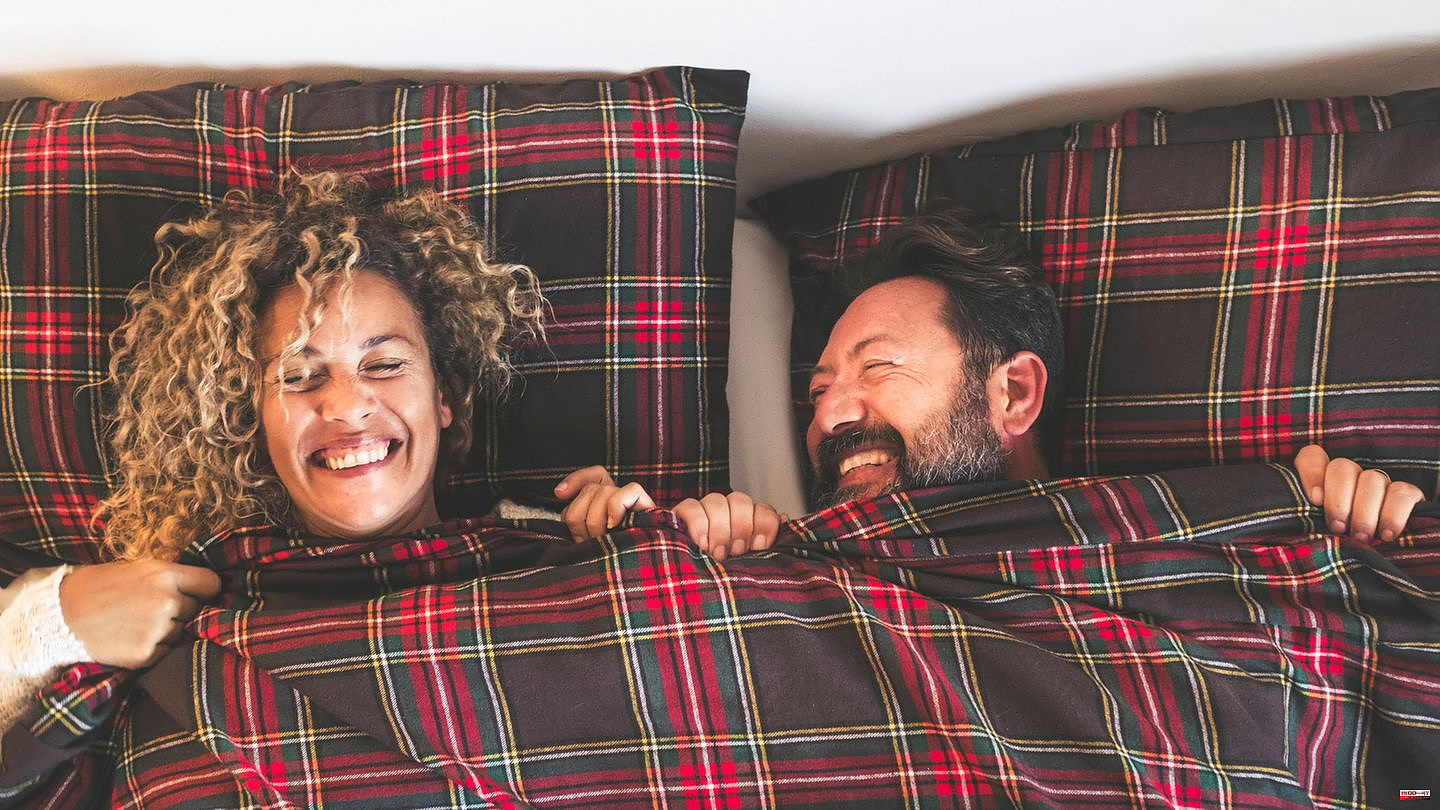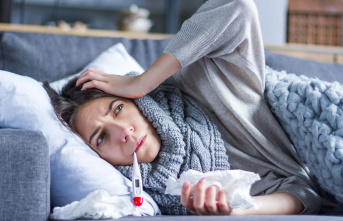Last weekend. Time for shopping, washing the car, tax, Zumba. But be quick, because the children are already scratching their hooves and want to go to the zoo. After all, that little free time has to be used optimally, right? Are you kidding me? Are you serious when you say that. More and more people are so tired from the eternal fight against the to-do list that they just don't get up anymore. They spend entire days in bed aiming for maximum inactivity. The forced rest is called "bed rotting" and has become a global TikTok trend.
"Bed rotting" loosely translated means "lazing in bed" and is something like the absolute refusal of productivity. Unlike the so-called "lazy day" (roughly: lazy day), it's not just about letting go of obligations and filling the day with things that are fun and relaxing, but about moving as little as possible in the truest sense of the word . Even going to the sauna or going to the cinema, anything outside of bed, is taboo when it comes to "bed rotting". Proponents understand this chosen immobility as self-care.
Countless pictures on the social media platform show what this self-care looks like: people bury themselves comfortably under layers of blankets. Snacks, remote control and phone within reach. Whether going to bed actually has the effect that many are hoping for - maximum relaxation through maximum idleness - or can even be counterproductive for your health in the end, cannot be said in general terms.
"'Bed rotting' is 100 percent backed by science," says sleep scientist Vanessa Hill in a TikTok video. She describes hanging around as perfect, the trend is the end of optimization. She explained to "Buzzfeed": "In a world characterized by hectic activity and productivity hacks, rest and 'doing nothing' are associated with shame." Allowing yourself to rest without feeling guilty about it is an act of self-care. "Self-care is linked to better physical and mental health and can lead to better sleep quality," she says. Hill contradicts critics who complain that "bed rotting" can mess up the biorhythm and thus negatively affect sleep.
However, she cannot recommend the trend unreservedly. Spending all day in bed can also be a symptom of depression. Jessica Gold also warns of this. She is an assistant professor of psychiatry at Washington University School of Medicine and also a Tiktok educator on health trends spreading through social media. If someone lies in bed for more than a day or two, it's worrying and could be a sign of mental illness, CNN quoted Gold as saying.
"The urge to lie in bed all day, especially when it becomes more frequent, probably has more to do with more than just catching up on sleep or the need to do nothing for a day," the psychiatrist said. Rather, it is more about avoiding the feelings, stress or pain that wakefulness brings with it.












